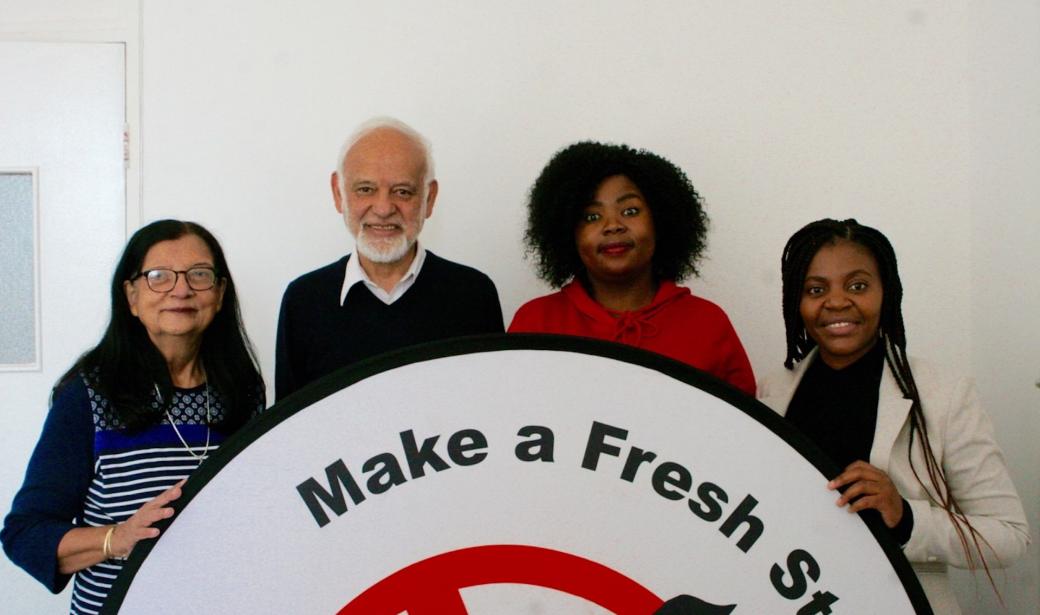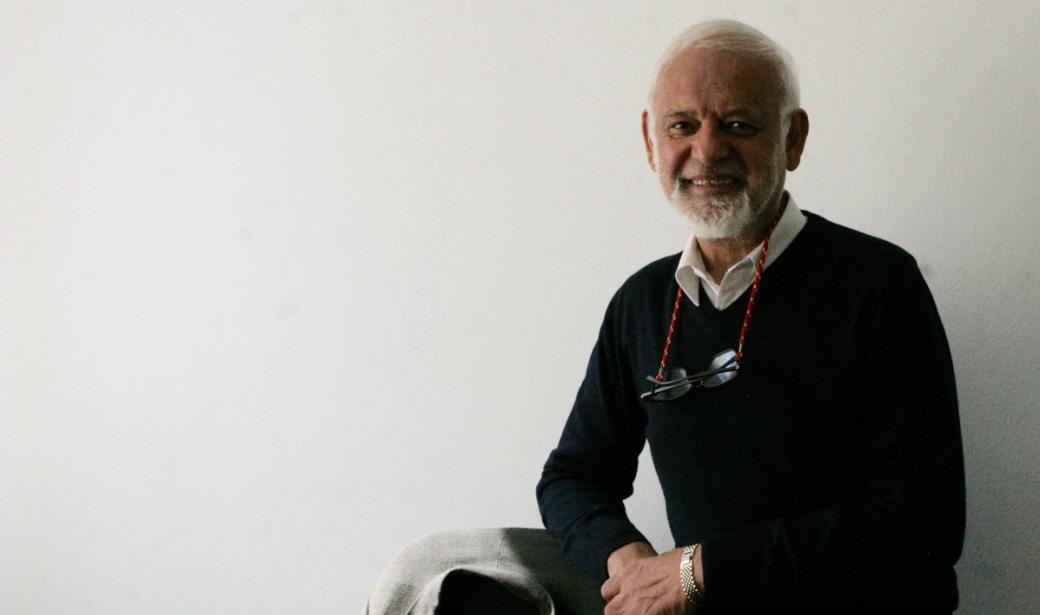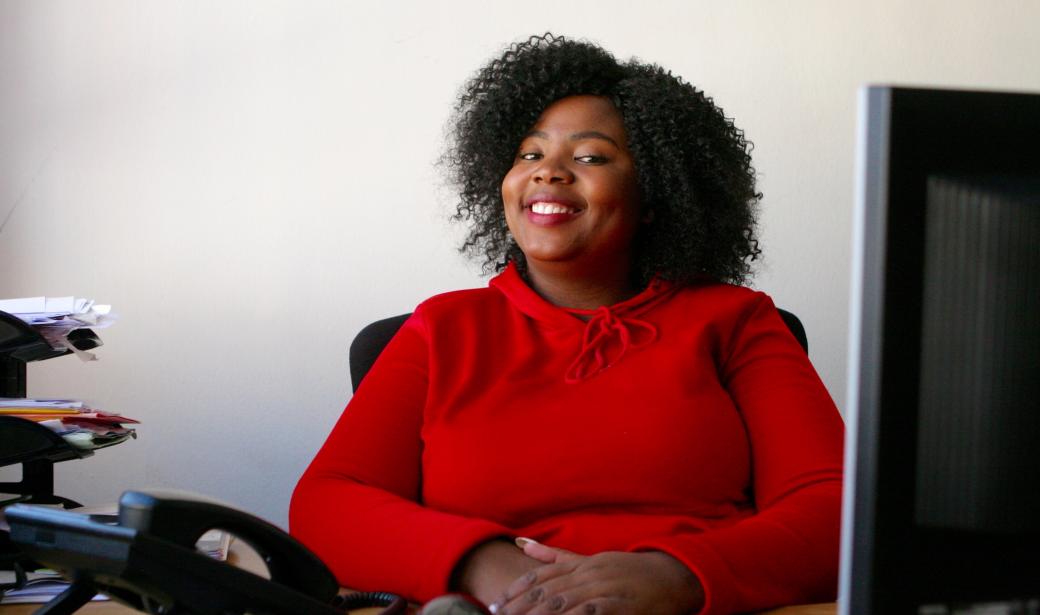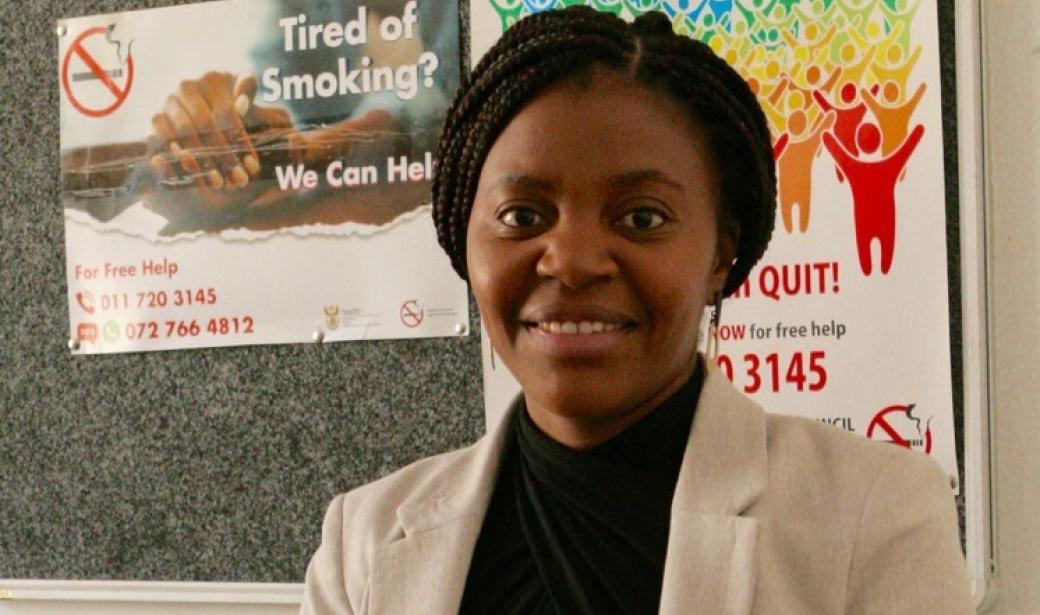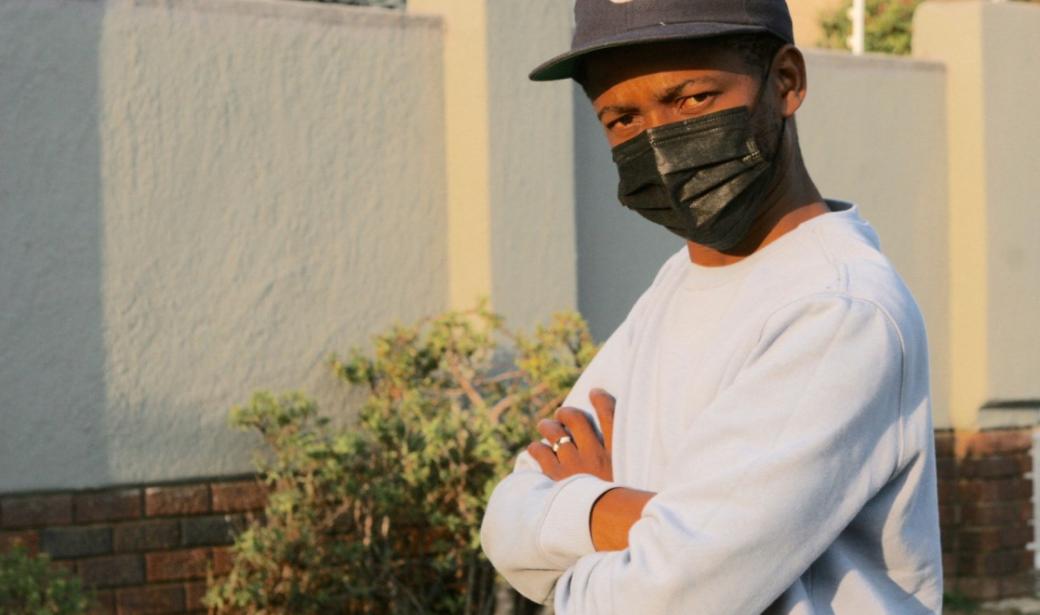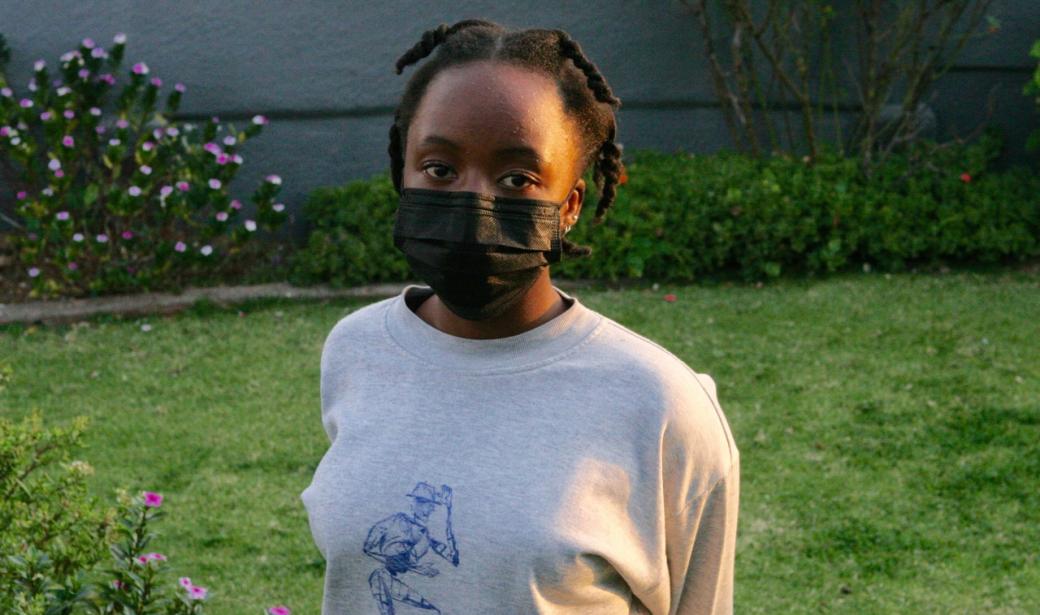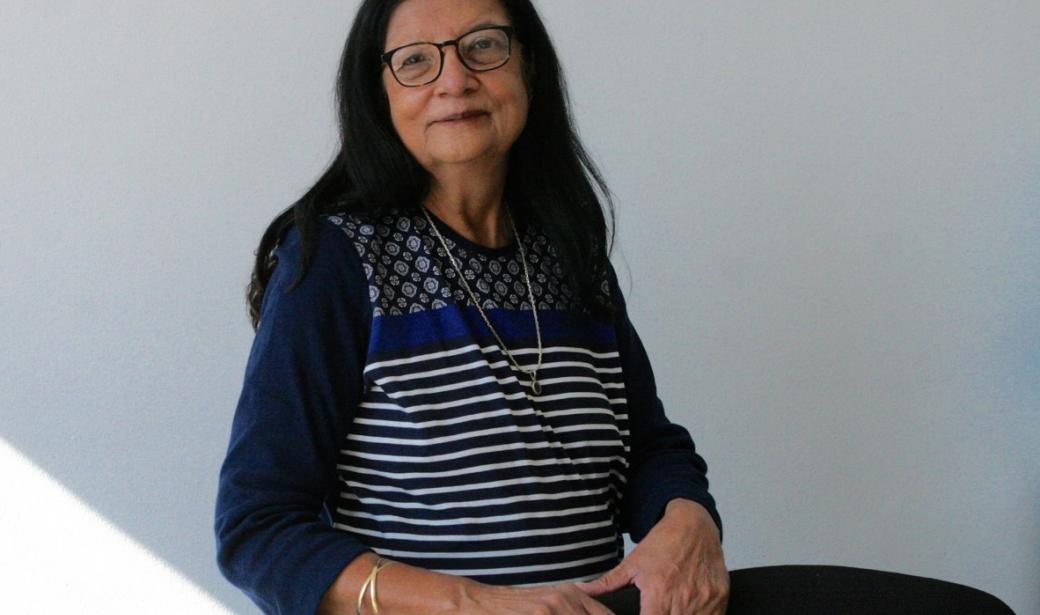Twenty-five years ago on World No Tobacco Day, the South African Government introduced health warnings on tobacco packaging and launched a telephone line for tobacco users who wanted help quitting. All tobacco packaging in South Africa—cigarette, snuff and pipe tobacco—now carry this telephone number (also known as the ‘Quitline’). Run by National Council Against Smoking, the Quitline has three members of staff and one volunteer who respond to roughly 120 calls per week. The World Health Organization’s support has enabled the Quitline to expand its counselling services and to promote the service among primary health care workers who can refer patients who want to quit smoking.
When the Government banned the sale of tobacco and vaping products for five months in 2020 (a COVID-19 control measure), calls to the Quitline jumped to about 275 per week. This highlighted the important role of government leadership and strong policies to enable and motivate people to quit. Over the years, the staff at the Quitline have found that most people know smoking is harmful and therefore want to stop. What keeps them smoking is addiction and fear of failure.
When the Government banned the sale of tobacco and vaping products for five months in 2020 (a COVID-19 control measure), calls to the Quitline jumped to about 275 per week. This highlighted the important role of government leadership and strong policies to enable and motivate people to quit. Over the years, the staff at the Quitline have found that most people know smoking is harmful and therefore want to stop. What keeps them smoking is addiction and fear of failure.
Yussuf Saloojee
Dr Yussuf Saloojee, Interim Executive Director at the National Council Against Smoking, started the Quitline in 1996. Over the years, he has heard countless stories from callers. The most difficult, he says, was from a woman standing by a first-floor window who said she wanted to jump because she could not live without cigarettes. “We spoke for 1.5 hours. I listened to her fears, calmed her and helped her decide what she really wanted,” he remembers.
The calls that felt the most rewarding? “A 50-year-old man who had mental health challenges. He was so pleased with his success that he called me occasionally for five years to report on his progress.” Looking back, he says, “It is immensely rewarding to receive a call from someone who is desperate and after a short conversation is re-energized to continue their journey to better health.”
The calls that felt the most rewarding? “A 50-year-old man who had mental health challenges. He was so pleased with his success that he called me occasionally for five years to report on his progress.” Looking back, he says, “It is immensely rewarding to receive a call from someone who is desperate and after a short conversation is re-energized to continue their journey to better health.”
Vera Tshabalala, Office and Quitline Manager
Vera Tshabalala has been the Office and Quitline Manager for 10 years. What motivates her is
“Helping someone completely quit and hearing how happy they are to have called us.” She continues, “I wish I could emphasize to people that smoking damage is not instant, that it is progressive and takes a toll on health at a later stage,” she says. “If there can be youth campaigns in schools to alert young people about the actual dangers, I believe that would create awareness for people to know what they are getting themselves into by starting tobacco use.”
“Helping someone completely quit and hearing how happy they are to have called us.” She continues, “I wish I could emphasize to people that smoking damage is not instant, that it is progressive and takes a toll on health at a later stage,” she says. “If there can be youth campaigns in schools to alert young people about the actual dangers, I believe that would create awareness for people to know what they are getting themselves into by starting tobacco use.”
Sharon Nyatsanza, Project and Comms Manager
Sharon Nyatsanza, Project and Comms Manager
“Many people know that smoking is bad for health but do not understand the gravity of the harm. They have ‘heard’ it but have not ‘seen’ it,” says Dr Sharon Nyatsanza who is passionate about public health rights. She has worked with the Quitline for two years as the Project and Comms Manager.
“Many smokers don’t believe that they can quit. They contemplate it but don’t think they have the capacity to go through the process.” She recalls a pregnant woman who called for help to get her husband to stop smoking. “She was crying and frustrated about being exposed to second-hand smoke and the potential harm for her unborn child. I spoke to her and the husband for about 30 minutes. I tried to motivate the husband to quit and let him know that it was possible to quit with support.” She says the work makes her feel she’s making an impact. “Knowing that we are promoting essential human rights motivates me.”
One in five adolescents use tobacco in Africa, and every year 146 000 Africans die from tobacco-related diseases. Tobacco use is increasing among 13–15-year-old girls and use of tobacco products other than cigarettes is increasing in the region. To find out more about the perspectives of tobacco use among young people, we took to the streets of Johannesburg to hear what a few of them had to say.
“Many smokers don’t believe that they can quit. They contemplate it but don’t think they have the capacity to go through the process.” She recalls a pregnant woman who called for help to get her husband to stop smoking. “She was crying and frustrated about being exposed to second-hand smoke and the potential harm for her unborn child. I spoke to her and the husband for about 30 minutes. I tried to motivate the husband to quit and let him know that it was possible to quit with support.” She says the work makes her feel she’s making an impact. “Knowing that we are promoting essential human rights motivates me.”
One in five adolescents use tobacco in Africa, and every year 146 000 Africans die from tobacco-related diseases. Tobacco use is increasing among 13–15-year-old girls and use of tobacco products other than cigarettes is increasing in the region. To find out more about the perspectives of tobacco use among young people, we took to the streets of Johannesburg to hear what a few of them had to say.
Inakshi Naik, Quitline volunteer
Inakshi Naik has been volunteering at Quitline since 2018 just for the satisfaction of convincing “even a single person to stop smoking”, she says. However, the work is not always easy. “It can be sad to see how smokers feel helpless under addiction. Or when I phone back to see their progress and learn that they have failed or given up.” But then her optimism springs back at certain moments, like when she convinces a school-going child to stand firm against peer pressure to smoke.
Pour plus d'informations ou pour demander des interviews, veuillez contacter :
Ramanandraibe Nivo
Technical Officer
Email: ramanandraiben [at] who.int (ramanandraiben[at]who[dot]int)
Collins Boakye-Agyemang
Communications and marketing officer
Tel: + 242 06 520 65 65 (WhatsApp)
Email: boakyeagyemangc [at] who.int (boakyeagyemangc[at]who[dot]int)



